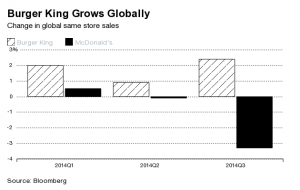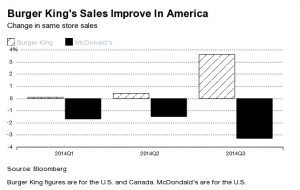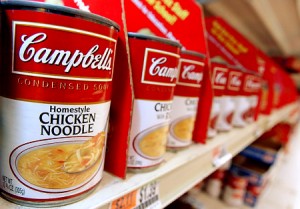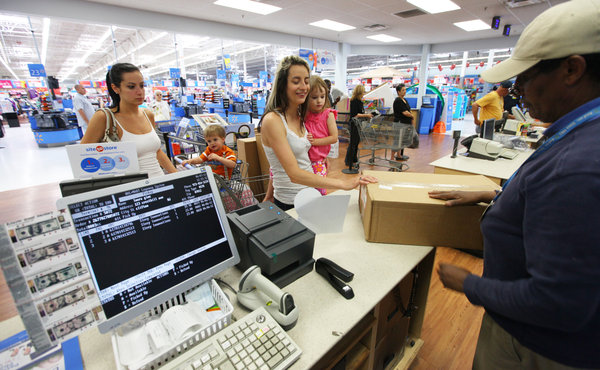Burger King and McDonalds have historically been pretty similar companies. They both provide fast and convenient food for a low price, and tend to offer similar types of food. This past year, however, the two companies have been losing some of those similarities. As a result of this, both have been performing differently as well.
For almost every player currently in the fast food industry, the last couple of years have been rough. Consumer preferences have been changing, there is more competition, and economic problems have hit the industry hard in comparison to many other industries. Burger King, however, has been able to make some progress while their biggest competitor, McDonalds, has continued to take a hit. The reason behind this seems to be the difference in strategy both companies have chosen.
As Burger King continues their attempts to rebrand themselves, they’ve done a couple things that have worked out well for them. Most notably, they have reduced the size of their menu but increased the quality of items they continue to offer. McDonalds on the other hand continues to develop and offer more items. This has caused an increase in complexity and a decrease in the quality of what they’re offering. After looking at how both companies have performed over the last year, it’s pretty obvious that Burger King has taken the better route.
When attempting to choose the process strategy of a company, the executives need to focus on customer requirements, cost, and efficiency. Burger King’s strategy has done a good job in all of these aspects. They’ve been able to increase the quality of the products they offer, tailoring them the preferences of their customers, while also reducing cost. Their money isn’t tied up in new product development or in item lines that aren’t attractive to the market. McDonalds has basically done the opposite. By continuing to develop and introduce multiple new products, their cost has risen and they haven’t been able to focus on what their customers’ preferences are. McDonalds is big enough and does have the money to do this and not notice any substantial loss in market share, but if they continue to do it, that might not continue. If the trends of this last year continue, the gap between them and Burger King is only going to get smaller.
The view of McDonalds seems to be that their strategy has worked in the past, so eventually it should work again. Do you think that Burger King is just utilizing a recovering economy, and that their new strategy will eventually stop working when it fully recovers, or is this a trend likely to continue? Is it better for a fast food restaurant to place more value on quality or variety?
Source:
http://www.businessweek.com/articles/2014-11-05/hard-times-for-hamburgers-hurt-mcdonalds-more-than-burger-king#r=read










